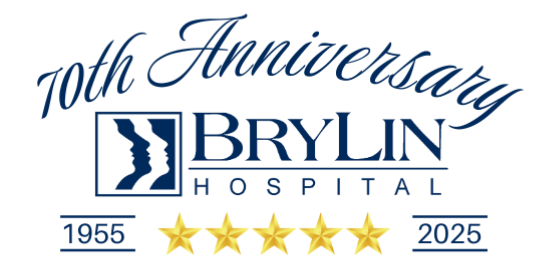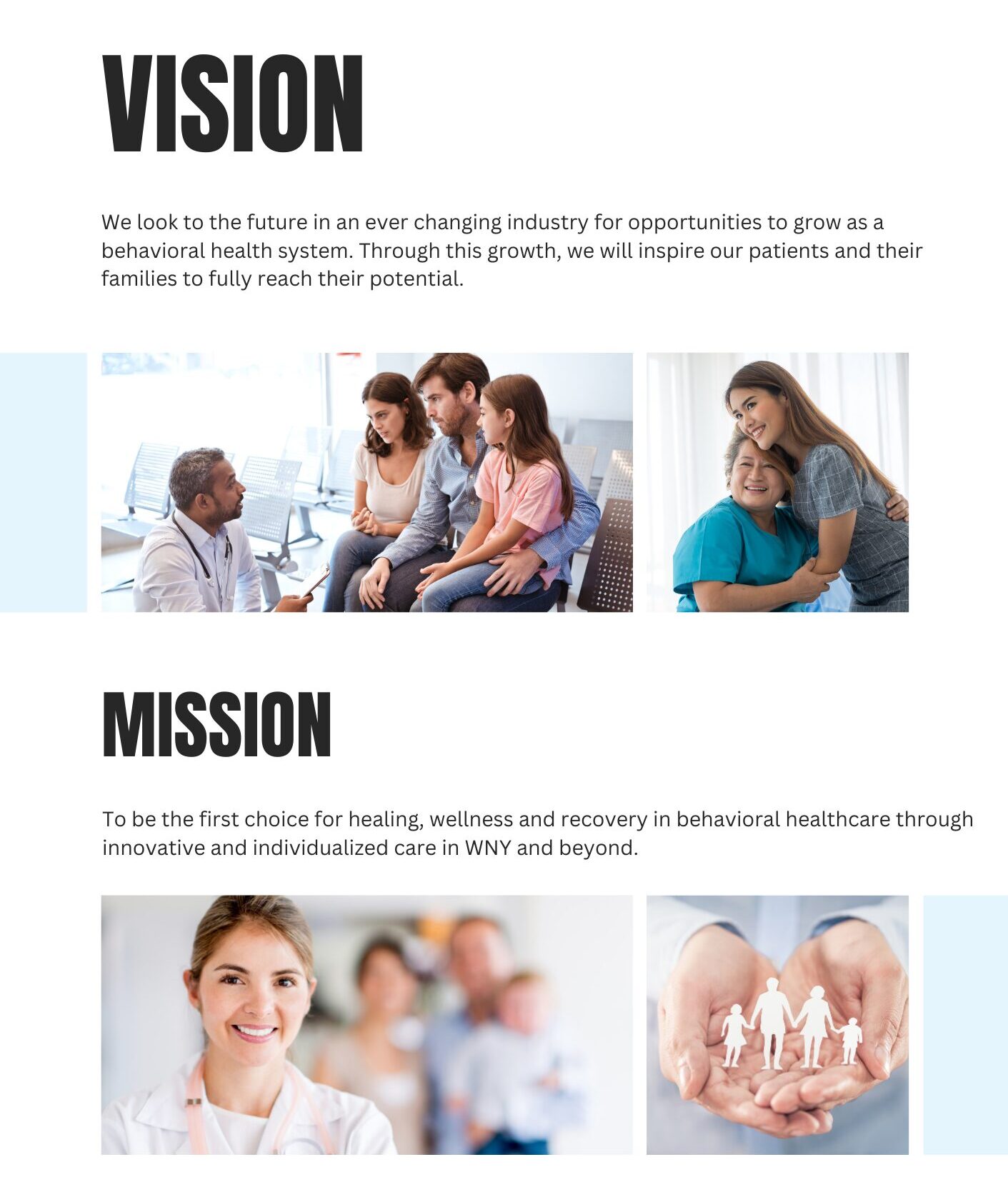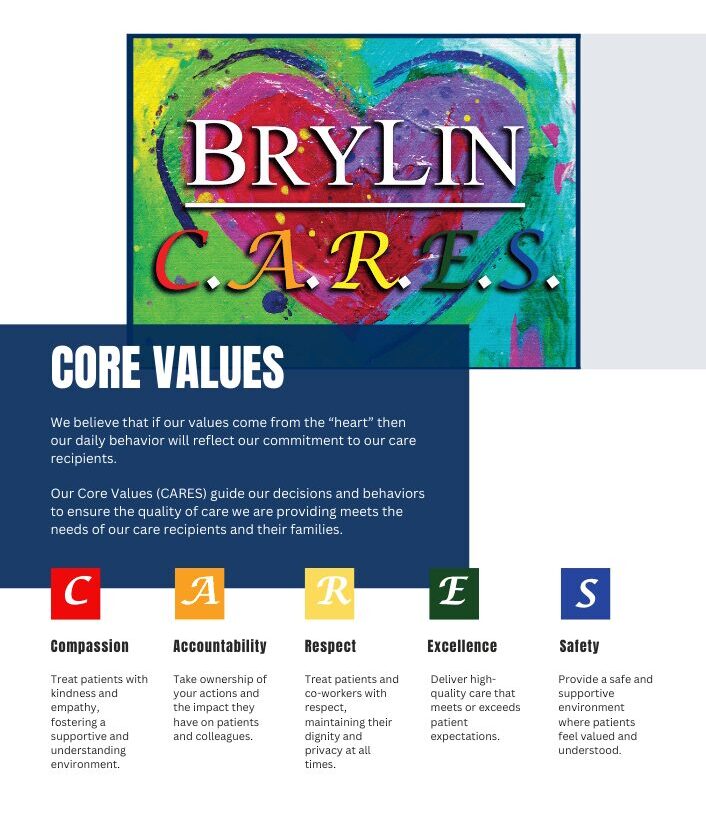
About Us
From inception in 1955, BryLin Hospital has been recognized as an industry leader in behavioral health care throughout Upstate New York. We offer short-term crisis psychiatric care for children, adolescents, and adults who are struggling with a presenting emotional or behavioral crisis. We offer comprehensive assessment, crisis stabilization and individualized care. Treatment is evidence based, person/family centered, trauma sensitive and multidisciplinary.
The Hospital is staffed by a dedicated team of mental health professionals, including psychiatrists, psychologists, nurses, social workers, and therapists. This interdisciplinary approach ensures that patients receive comprehensive
and personalized care throughout their stay. We offer round-the-clock care and supervision to ensure the safety and well-being of our patients. Our compassionate and experienced staff members are available at all times to provide
support, monitor progress, and intervene in crisis situations.


Are You Struggling with Your Mental Health?
If you, or someone you know, is struggling with depression, anxiety, bipolar disorder, PTSD, or other mental illness…. You’re not alone. Many people have feelings or experiences like yours at some point in their lives. When such experiences become severe, some people need to reach out for help and treatment.
If you have any questions or for more information, please contact us.

